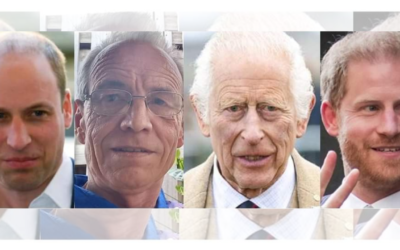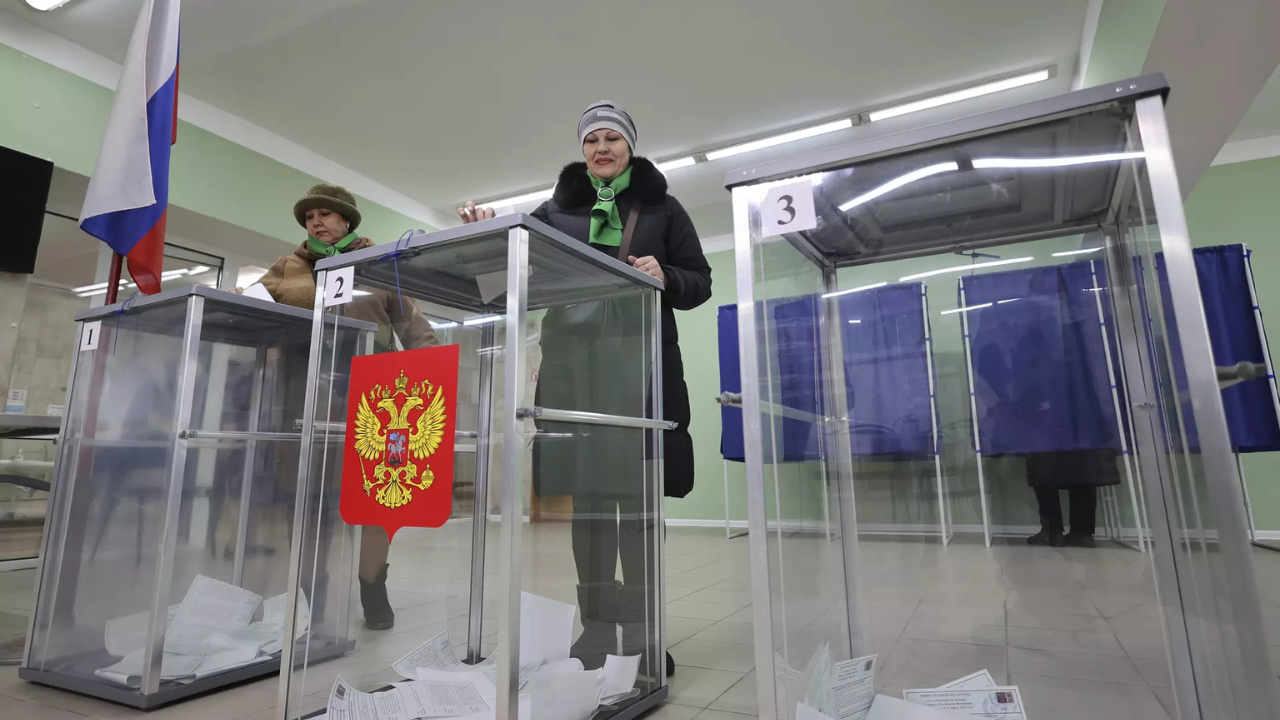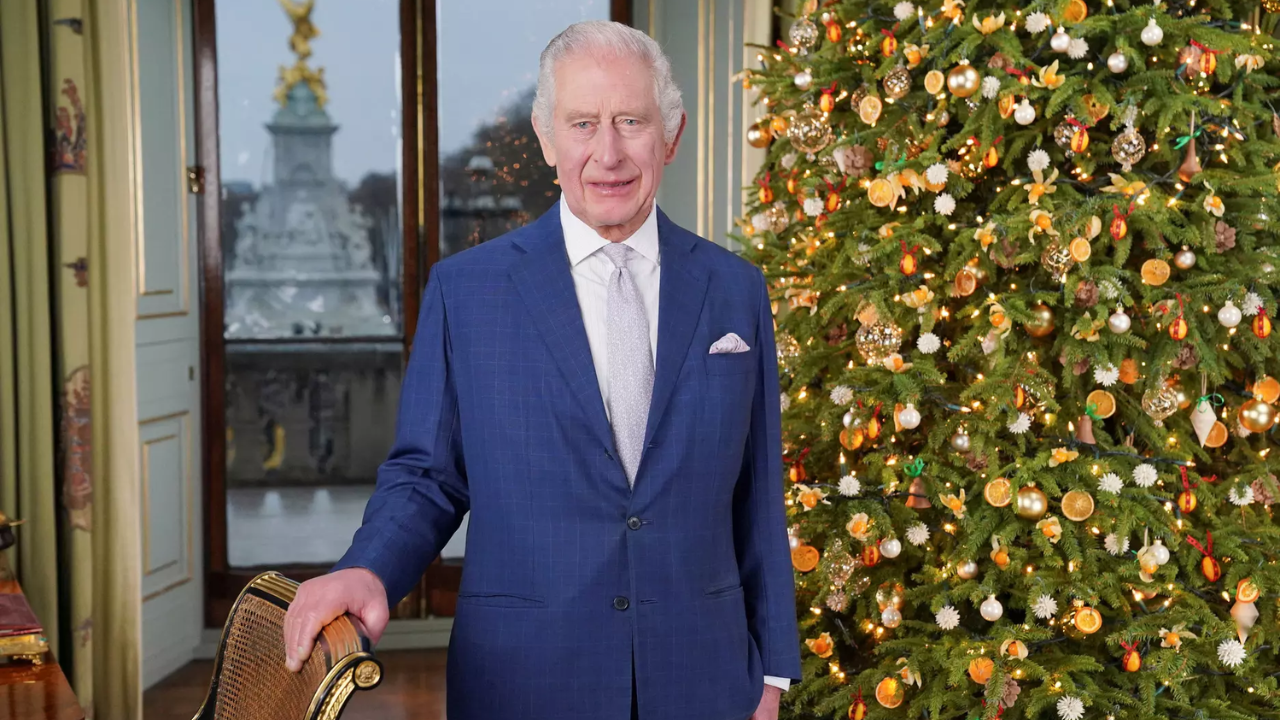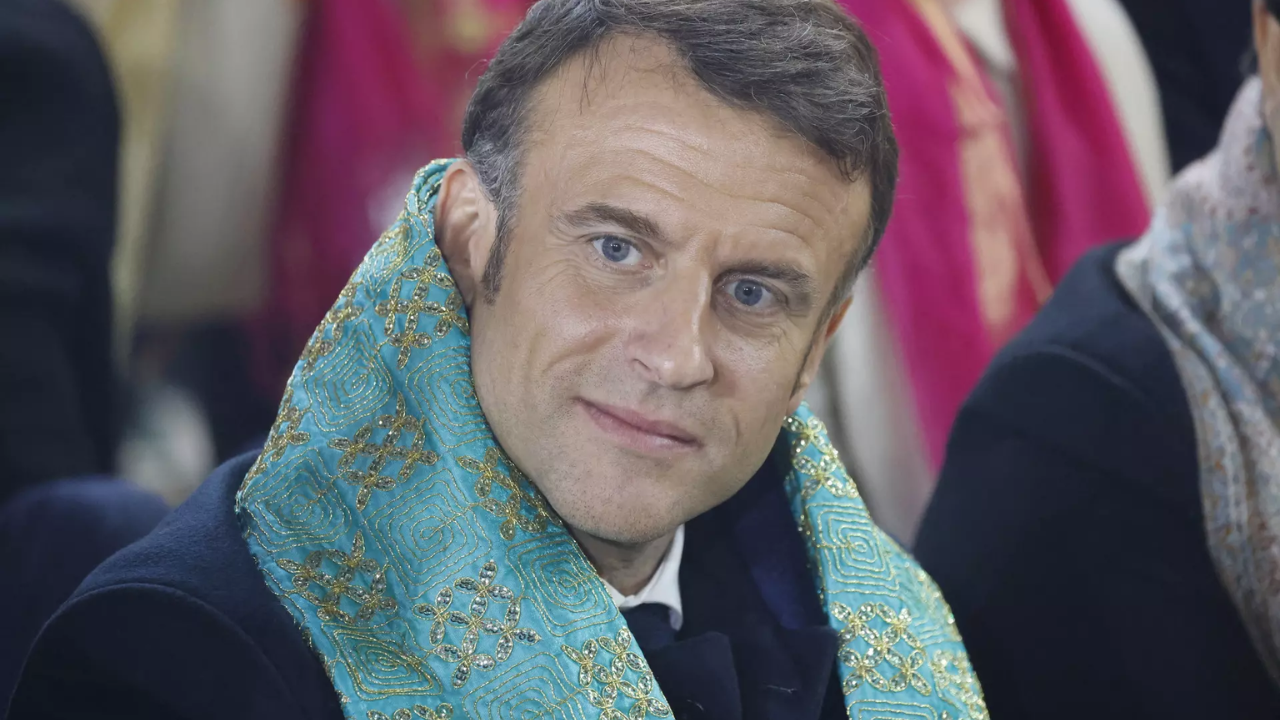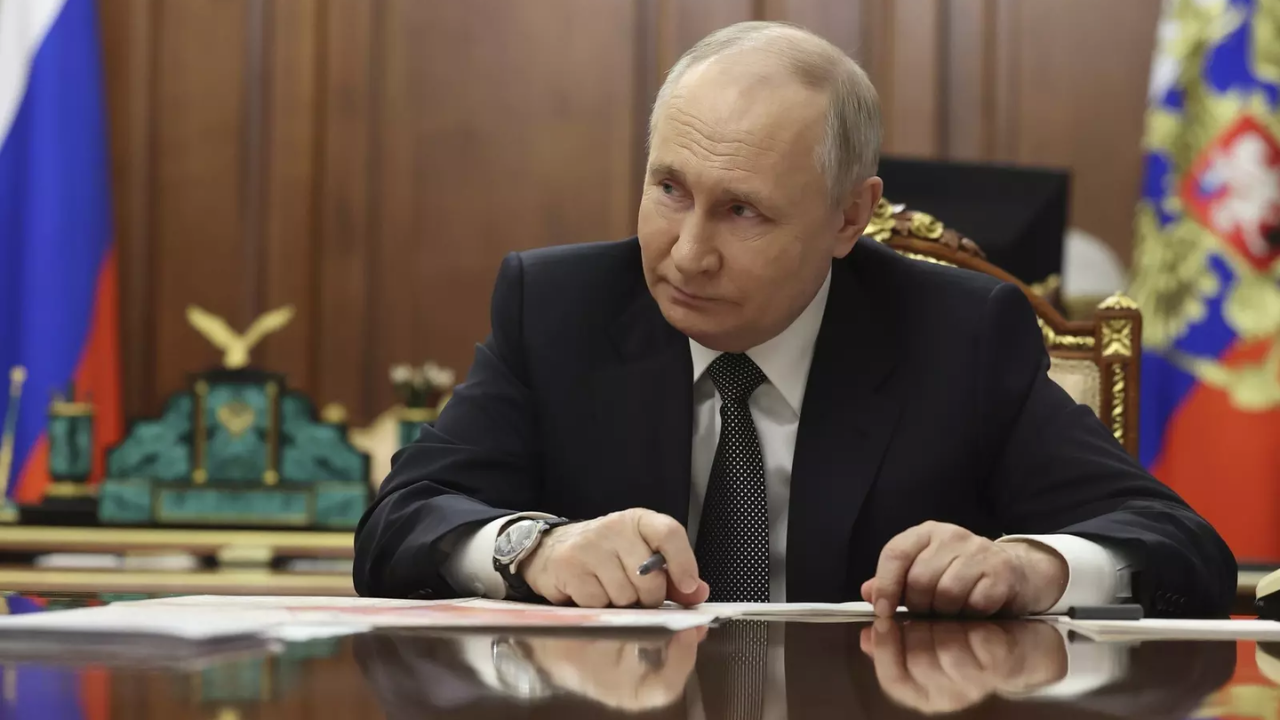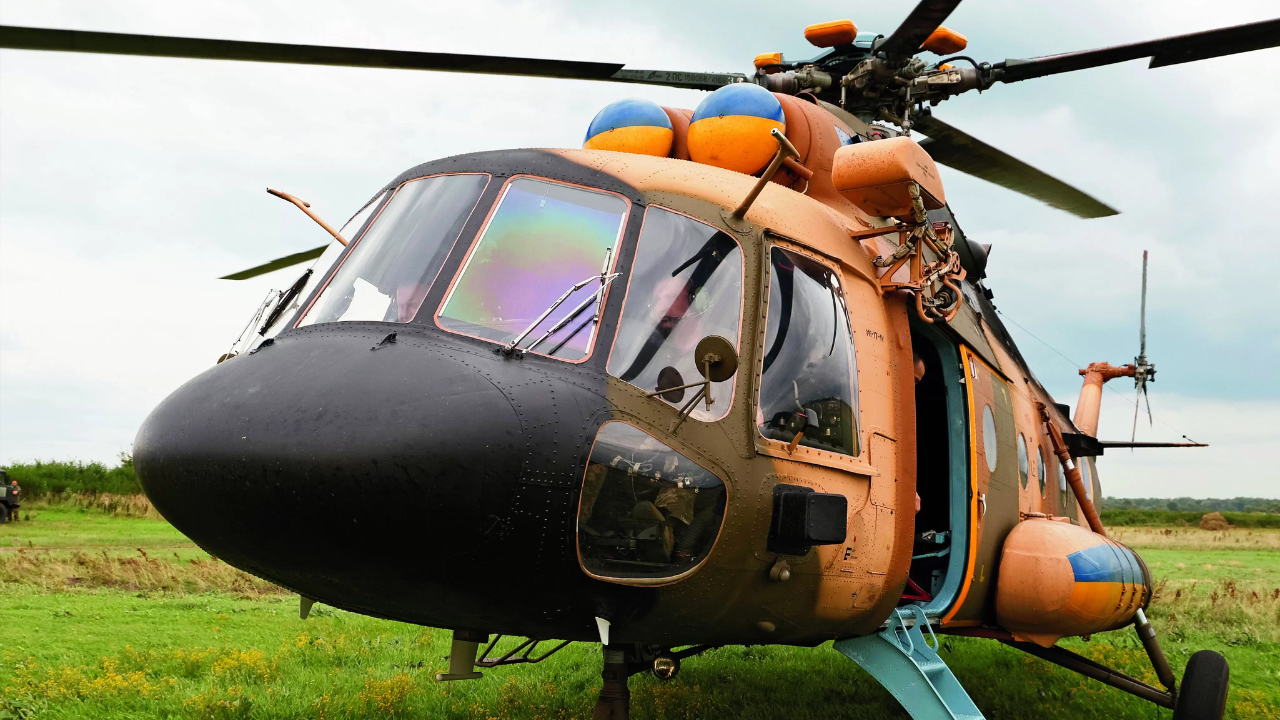Russia accuses Ukraine of ‘terrorist activities’ to disrupt presidential election
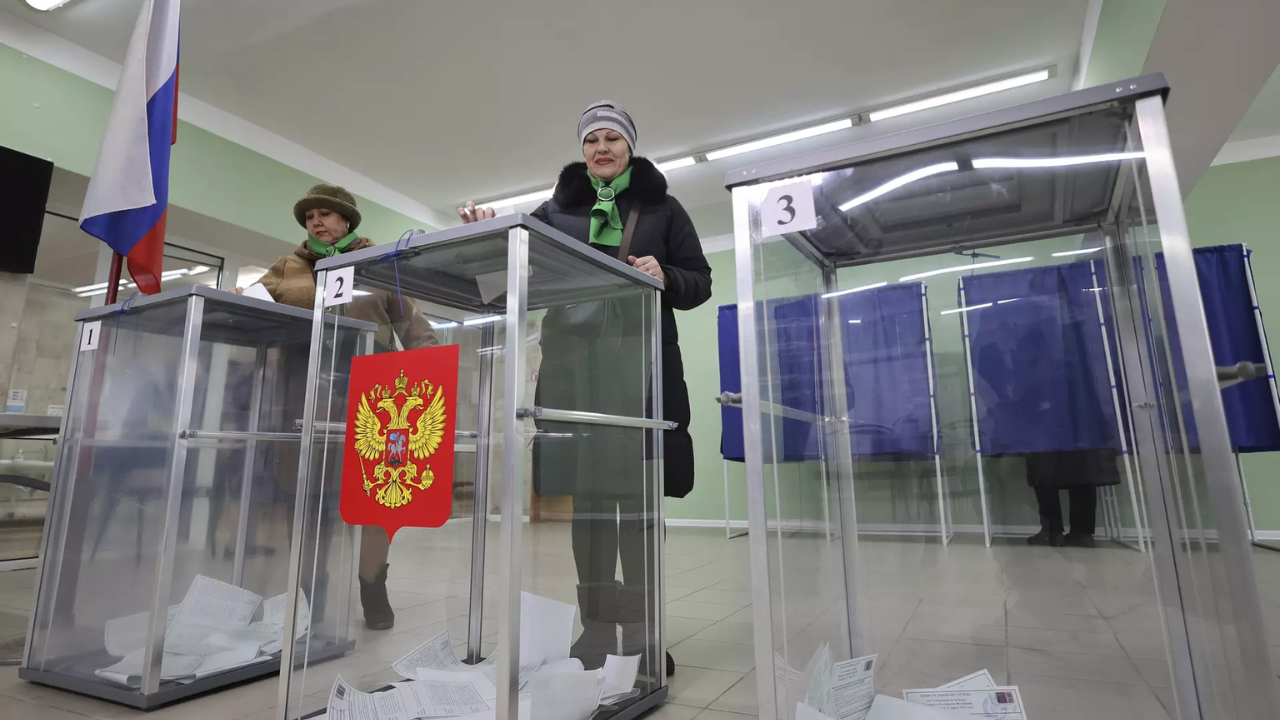
[ad_1]
NEW DELHI: Russia has accused Ukraine of engaging in ‘terrorist activities’ to disrupt its presidential election, with former President Dmitry Medvedev condemning protesters as ‘traitors’ for attempting to sabotage voting booths and ballot boxes. The ongoing Ukraine war has overshadowed the election, expected to secure President Vladimir Putin another six years in power, amidst sporadic protests.
The Russian foreign ministry alleged that Kyiv has escalated ‘terrorist activities’ to impress Western allies and seek more support. One incident involved a Ukrainian drone dropping a shell near a voting station in a Russian-controlled area. Despite no casualties reported, tensions remain high between the two nations. In response, Medvedev warned of severe consequences, stating that those responsible could face treason charges of up to 20 years. He linked the incidents to the ongoing conflict, accusing Ukraine of aiding attackers. Meanwhile, on the final day of voting, supporters of late opposition leader Alexei Navalny called for nationwide protests against Putin.
Russian media reported Putin receiving military reports of thwarted attacks by saboteurs near the border regions. Ukrainian intelligence officials noted the emergence of armed groups opposing the Kremlin, turning regions into ‘active combat zones.’ The groups, including the Freedom of Russia Legion and the Siberian Battalion, were described as gaining strength with unified principles.
In response, Ukrainian military intelligence vowed to support these groups. In regions near the border, attacks from Ukraine have become routine, with reports of casualties and missile strikes. Despite tensions escalating, Ukraine’s President Volodymyr Zelenskiy highlighted the country’s ability to target Russia’s energy industry, showcasing its military capabilities. Amidst the conflict, Putin’s dominance remains unchallenged, with high voter turnout in support of his continued leadership.
The election features three other candidates, but none pose a significant threat to Putin’s rule. Turnout rates, especially in regions like Belgorod, exceed expectations, indicating strong support for Putin. Additionally, Russia’s governing party faced cyberattacks, allegedly originating from Ukraine and Western countries, disrupting web traffic. As the election unfolds, the shadow of the Ukraine war looms large, impacting both domestic and international relations.
The Russian foreign ministry alleged that Kyiv has escalated ‘terrorist activities’ to impress Western allies and seek more support. One incident involved a Ukrainian drone dropping a shell near a voting station in a Russian-controlled area. Despite no casualties reported, tensions remain high between the two nations. In response, Medvedev warned of severe consequences, stating that those responsible could face treason charges of up to 20 years. He linked the incidents to the ongoing conflict, accusing Ukraine of aiding attackers. Meanwhile, on the final day of voting, supporters of late opposition leader Alexei Navalny called for nationwide protests against Putin.
Russian media reported Putin receiving military reports of thwarted attacks by saboteurs near the border regions. Ukrainian intelligence officials noted the emergence of armed groups opposing the Kremlin, turning regions into ‘active combat zones.’ The groups, including the Freedom of Russia Legion and the Siberian Battalion, were described as gaining strength with unified principles.
In response, Ukrainian military intelligence vowed to support these groups. In regions near the border, attacks from Ukraine have become routine, with reports of casualties and missile strikes. Despite tensions escalating, Ukraine’s President Volodymyr Zelenskiy highlighted the country’s ability to target Russia’s energy industry, showcasing its military capabilities. Amidst the conflict, Putin’s dominance remains unchallenged, with high voter turnout in support of his continued leadership.
The election features three other candidates, but none pose a significant threat to Putin’s rule. Turnout rates, especially in regions like Belgorod, exceed expectations, indicating strong support for Putin. Additionally, Russia’s governing party faced cyberattacks, allegedly originating from Ukraine and Western countries, disrupting web traffic. As the election unfolds, the shadow of the Ukraine war looms large, impacting both domestic and international relations.
[ad_2]
Source link
